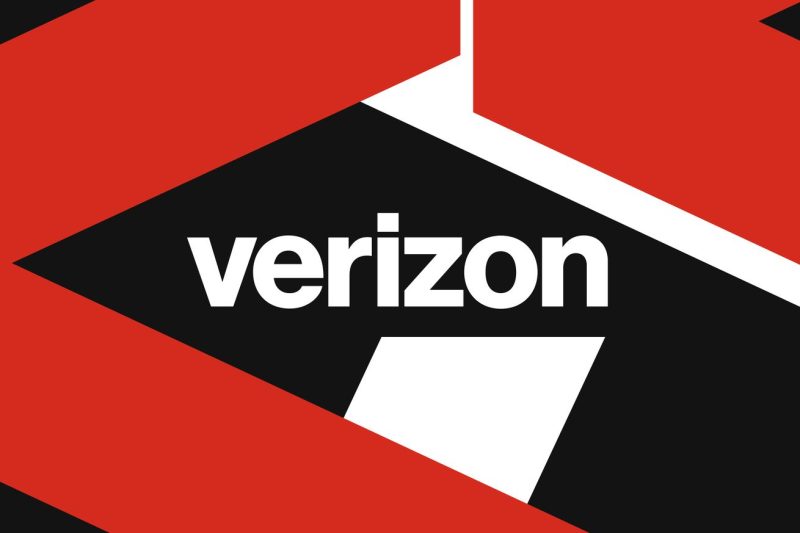In a surprising turn of events, major music labels have taken legal action against Verizon, one of the largest telecommunications companies in the United States, seeking over $2.6 billion in damages. The lawsuit filed by the music labels alleges that Verizon has facilitated and profited from copyright infringement by its subscribers through its internet services. This legal battle showcases the ongoing struggle between content creators and service providers in the digital age.
The crux of the music labels’ argument lies in the Digital Millennium Copyright Act (DMCA), which places the onus on service providers to take action against users who infringe on copyrighted material. While Verizon has implemented measures such as a copyright alert system to address piracy, the music labels claim that these efforts are insufficient and have not effectively deterred copyright infringement.
Verizon, on the other hand, maintains that it has complied with the DMCA and taken appropriate steps to combat piracy on its network. The telecommunications giant argues that it is not directly responsible for the actions of its subscribers and that it has made efforts to address copyright infringement in good faith.
This lawsuit brings to the forefront the complex relationship between content creators, service providers, and consumers in the digital ecosystem. As the internet has revolutionized the way music is consumed and distributed, it has also presented new challenges in protecting intellectual property rights.
The outcome of this legal dispute could have significant implications for the future of digital content distribution and the responsibilities of service providers in policing copyright infringement. It raises important questions about the balance between protecting intellectual property rights and ensuring the free flow of information on the internet.
In conclusion, the lawsuit filed by the music labels against Verizon for more than $2.6 billion underscores the challenges that arise in the digital age regarding copyright enforcement. As technology continues to evolve, it is crucial for stakeholders to work together to find solutions that protect intellectual property rights while also respecting the rights of consumers. The outcome of this case will be closely watched as it has the potential to shape the future of digital content distribution and copyright protection.
